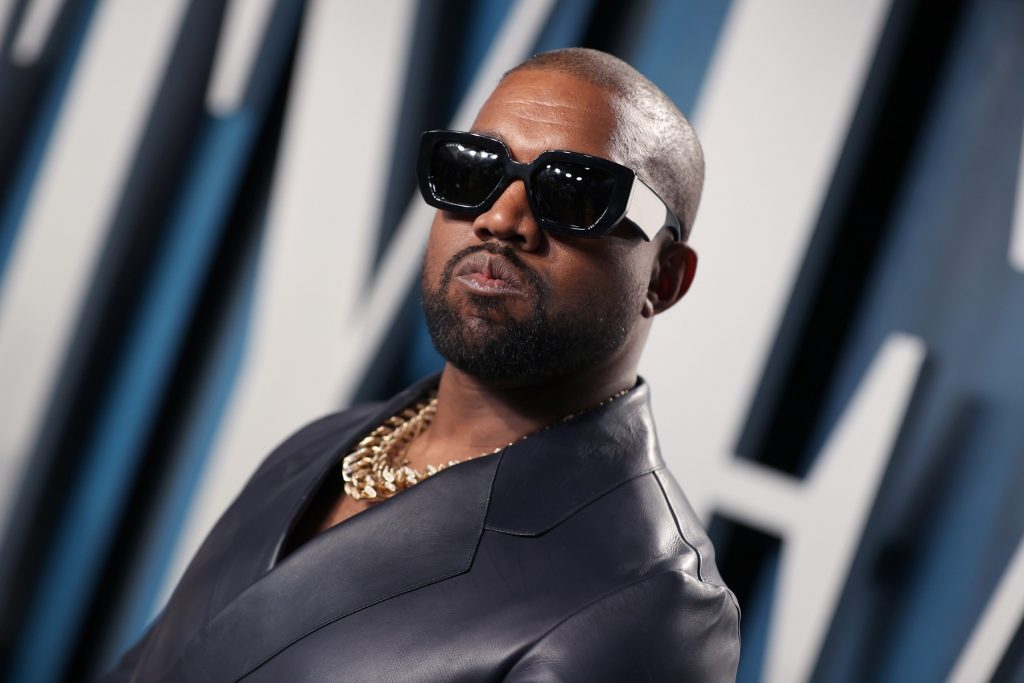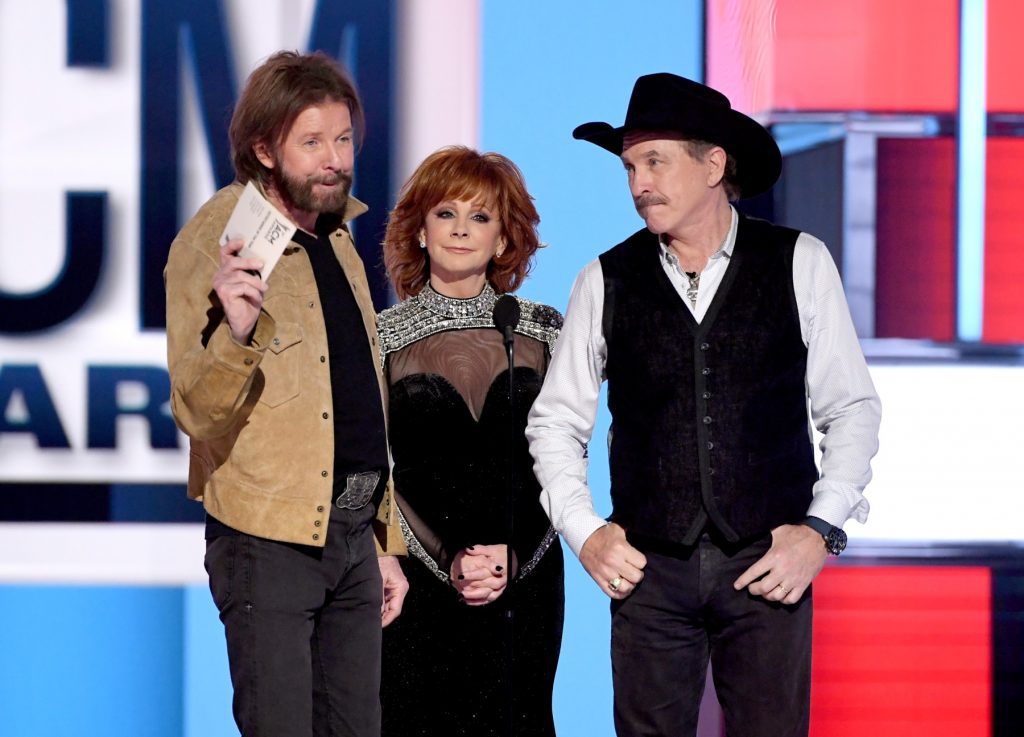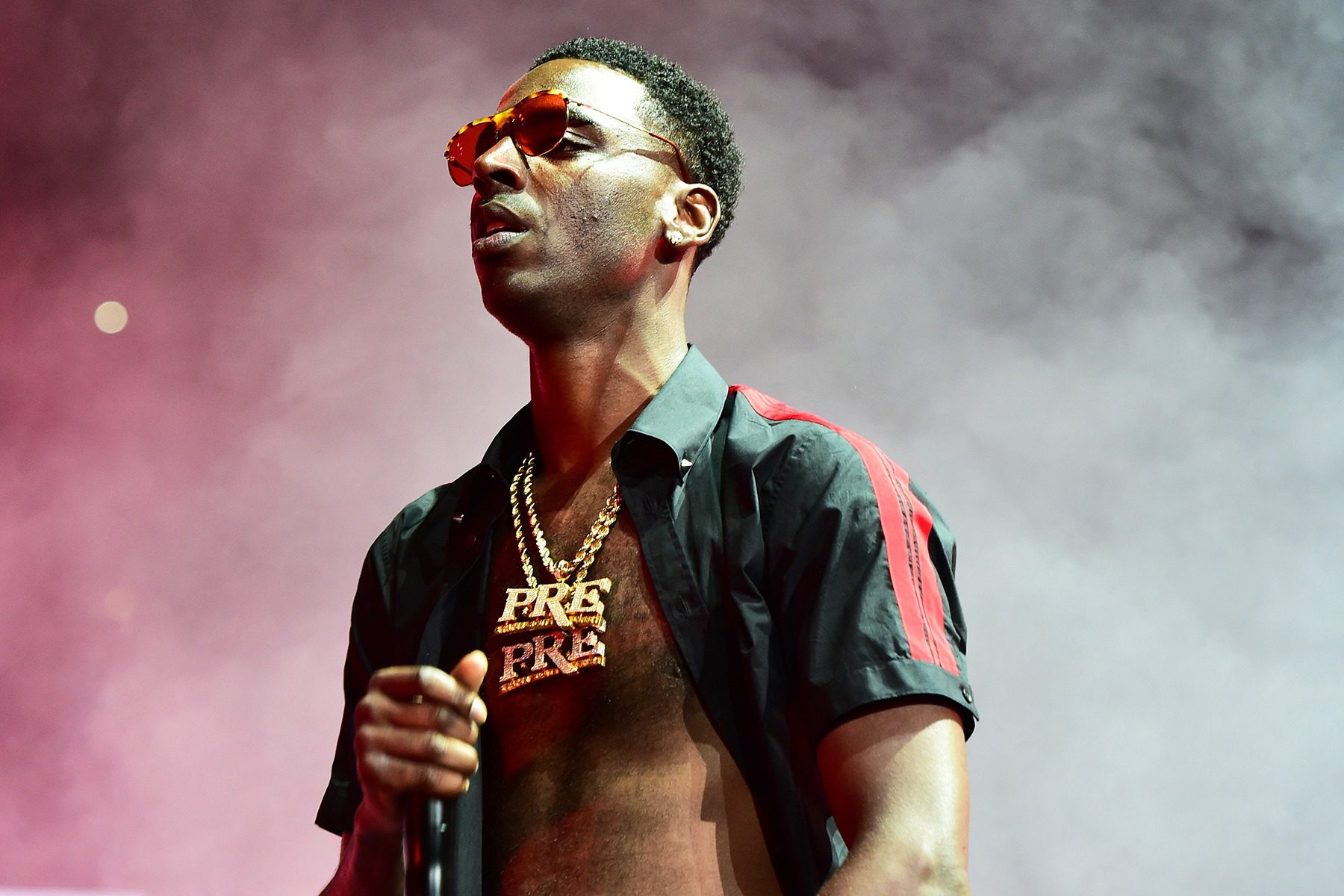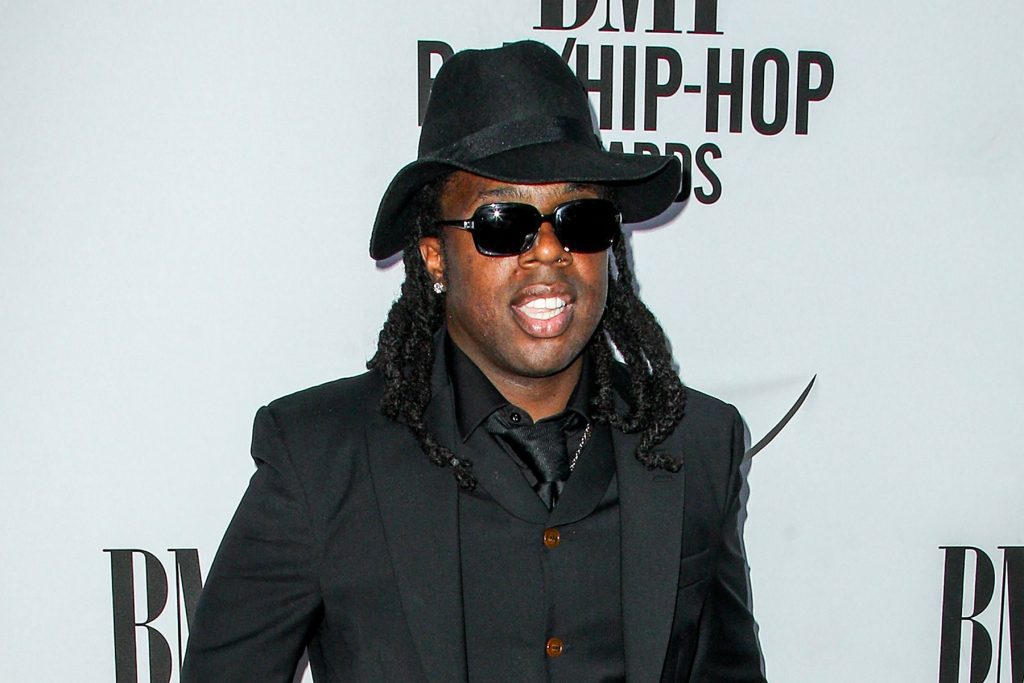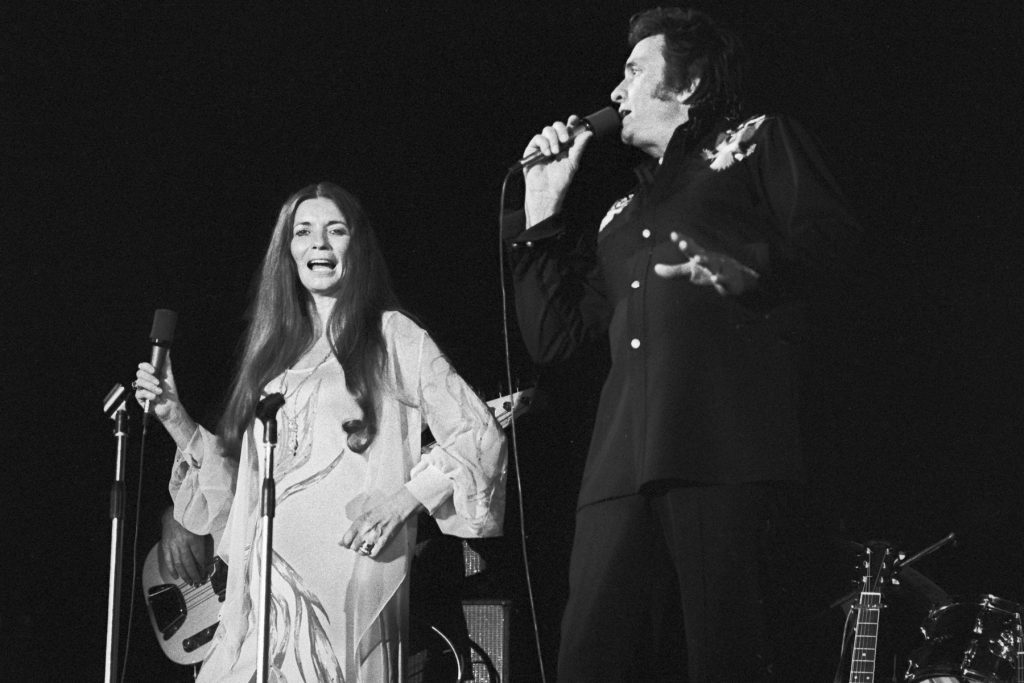
How Third Man Records Unearthed a Great Lost Johnny Cash Live Album
Third Man Records is operating a little differently these days. The Nashville headquarters of Jack White’s record label, which features a record shop and small venue on-site, has stopped booking shows. Fans can come inside the record store, which is full of White Stripes artifacts plus a vinyl recording booth, by appointment, with capacity limited to four or five.
But still, Ben Blackwell, who founded the label alongside White and Ben Swank, says the company is still turning a profit, thanks to its mail-order business. “April and May were almost like two months of holiday lead-up,” says Blackwell. “Considering how bad it could be, we’re very, very fortunate.”
Part of Third Man’s mail-order business is the Vault series, which lets fans pay to receive a monthly surprise release in the mail. The 40-plus Vault releases have included rare albums by the White Stripes, the Raconteurs, and the Dead Weather, plus limited-edition releases by Pearl Jam, Sleep, Margo Price and more.
Now, the Vault is about to release one of its most interesting archival finds yet: a lost Johnny Cash live album. The show was recorded on April 29th, 1973, at Los Angeles’ Ahmanson Theatre. The occasion was A Week to Remember, six nights of music organized by Clive Davis to celebrate Columbia Records’ legendary roster. Miles Davis, the Staples Singers, Bruce Springsteen, and Earth, Wind and Fire all performed. Cash brought his road show, which included wife June Carter Cash and guitarist Carl Perkins, his friend going back to their Sun Records days, for a set full of classics: The night opens with a stomping “Big River,” which leads to Kris Kristofferson’s “Sunday Morning Coming Down.” There’s a wild medley of “Folsom Prison Blues / Wreck of the Old 97 / Orange Blossom Special,” plus “Jackson.”
“There was no song everyone in the audience didn’t know,” says Blackwell. “It’s like, ‘Wow, shit, man. You almost take it for granted. It’s miraculous.”
Blackwell says Sony, which releases Jack White’s solo albums, approached Third Man about the release. “They were saying, ‘Hey, do you guys ever consider doing outside artists for the Vault?’” say Blackwell. “And it was exactly what we were looking for. It doesn’t get any more marquee than Johnny Cash, and this is something that was unheard.”
The early Seventies were a transformative time for Cash. He’d ended the previous decade as a huge star, with nine hit albums, including Johnny Cash at Folsom Prison, plus a weekly TV show, but things were about to change. “The Seventies saw the implosion of my recording career,” he wrote in his autobiography. While he continued to sell out shows, sales lagged as he turned his attention to religious music. Cash spent much of his time in this era on Gospel Road, an ambitious double album and film. Shot in Israel over 30 days, it told the story of Jesus. “My own version of my music’s success or failure is a little different from that prevalent in ‘the industry,’” Cash wrote in his memoir. “For instance, one of the main reasons my record sales dropped so dramatically in the early ’70s is that making secular records simply wasn’t my first priority; that’s when I turned down recording ‘City of New Orleans’ because I was too busy working on Gospel Road.”
Cash is talking about Steve Goodman’s classic “City of New Orleans,” which Arlo Guthrie would make famous in 1972; Cash performs an excellent version of it on the Third Man release. He’s conversational throughout the set, calling out for piano player Larry Butler to play solos, and telling the story of how he wrote “The Ballad of Barbara,” a rambling tale about walking away from a marriage, on a plane in Australia a month earlier. “The 1970s for me were a time of abundance and growth, not just in terms of finances and property, but personally, spiritually, and in my work,” Cash wrote. “My marriage with June grew and flourished; John Carter came into the world; Bible study became an important port of my life and produced the most ambitious project of my career to date.”
The album will be released on white vinyl along with a DVD of never-seen backstage footage. The package will also include a seven-inch single, featuring tracks that came out of John Carter Cash’s “Forever Words” project, where he recruited artists to put music to the poetry Cash left behind. Ruston Kelly will interpret Cash’s “Dark and Bloody Ground”; the other side will feature a mystery artist. Sign up by July 31st to receive the Vault package.

